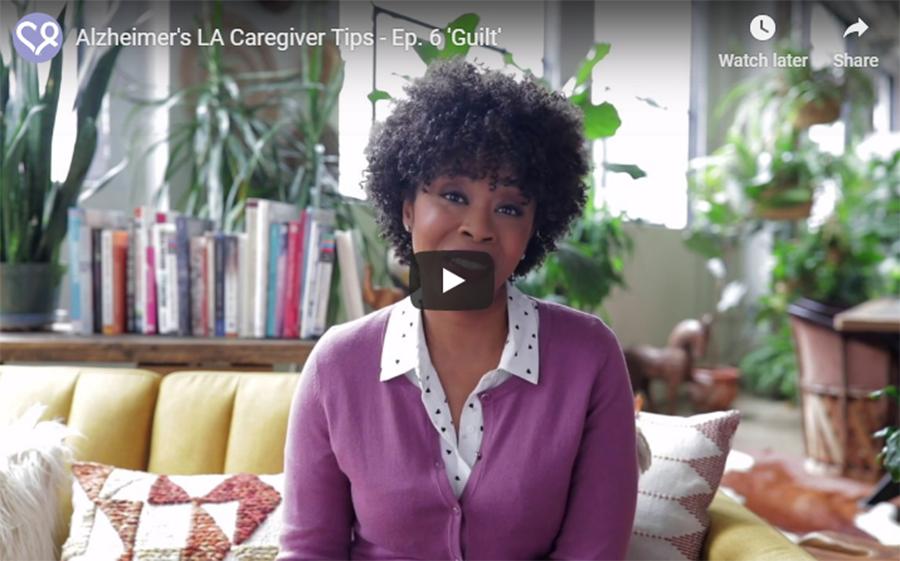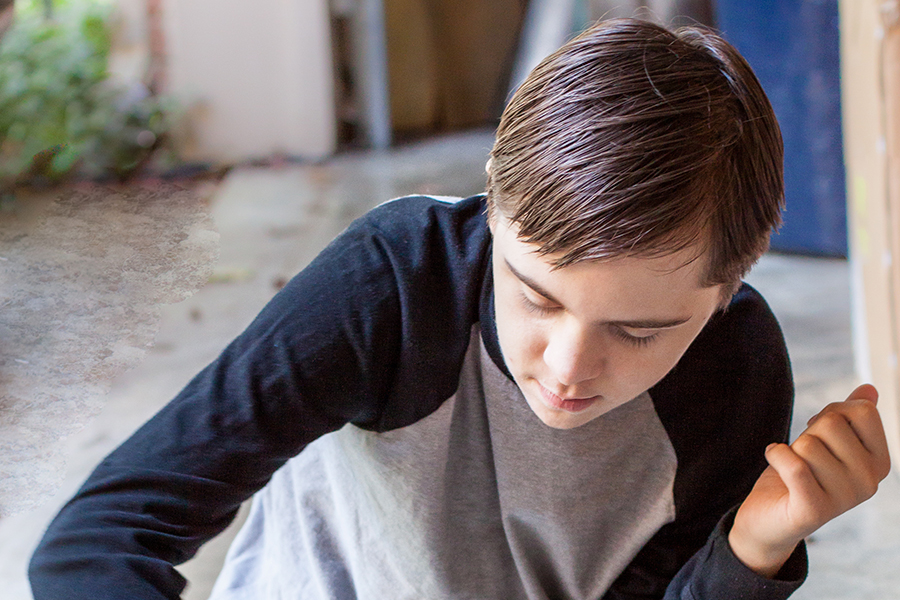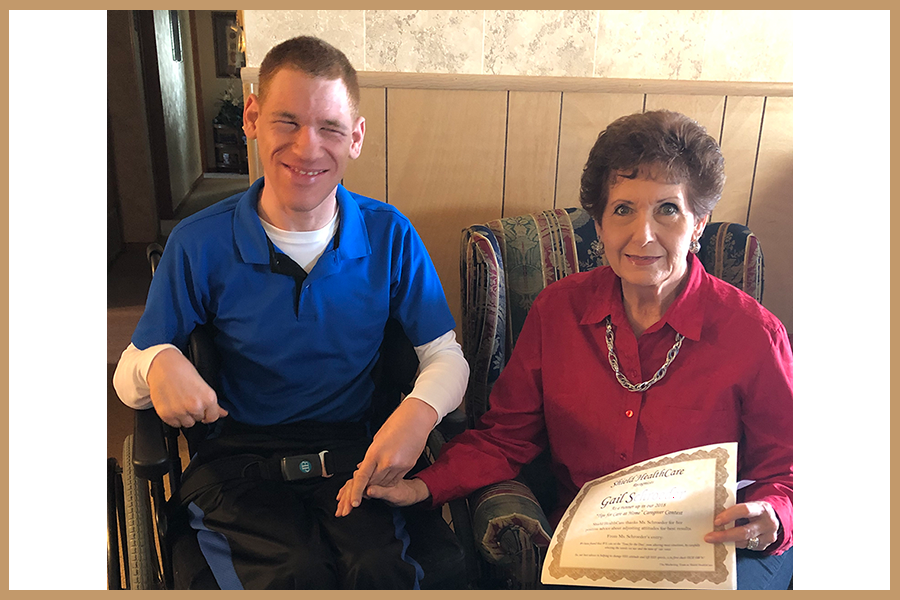When Quitting is Winning
When I was fifteen, I told my mother I wanted to “go into” fencing. I was ready to make a career out of it with the giant onesie and chest pads and face guard and epee (a term I knew only from crossword puzzles). Why had I decided this? Looking back, the path is unclear. I live in Nashville. The nearest castle is twenty miles south and home to the Renaissance fair. I’m sure there was dueling there. I attended a private school, but certainly not the kind with New England vibes and ivy-covered buildings and rowing teams and wood-paneled dining halls. I’m fairly sure the impetus was a re-run of The Three Musketeers on TBS. I thought with Chris O’Donnell was dreamy.
My mother, with a hefty dose of eyebrow arching humor, found a class in a non-descript building sandwiched between a costume shop and a music venue downtown. The instructor was a scruffy, skinny jeans-wearing middle-aged man in thick glasses. The space itself was a re-purposed stage, one giant black box. He handed me a padded vest, face guard, and long thin sword that was so flimsy, I wondered if it was a prop he found backstage. This was not what I pictured when I pictured my glamourous fencing life. Then he introduced me to my opponent. He was eight. Very polite. I hid a disappointed frown as we bowed to each other before commencing. This would be like fighting a Muppet. He pummeled me. I went left and he went right. I went high and he went low. He was a fencing wizard. He didn’t even break a sweat.
After it was done, I handed over my padded vest, under which I could already feel bruises blooming, shook hands with my opponent and never went back. Clearly, that kid had spent all of his eight formative years in that black box devoting himself and his body to the sport. Could I have become a world-famous Olympic-level fencer? Maybe. Was I prepared or willing to give it that level of intensity? Definitely not. It had not captured my heart, only distracted it.
When it comes to my son Charlie who has cerebral palsy, it is harder to know when to stick it out and when to let it go. Because he is mostly nonverbal, Charlie can’t always tell me if he is enjoying something or not, how his day at school went, if he wants tacos or lasagna for dinner. When he doesn’t give me enough clues, I have to guess. And I hate guessing when it comes to his voice and his needs. He is very much his own person and I want him to explore that and be curious.
However, when he had the opportunity to join a special needs Boy Scout troop this fall, my first instinct was to say no. It was late at night. He’d get home past bedtime. There would be songs he couldn’t sing and possibly crafts he couldn’t do. But my husband convinced me to let him give it a shot. I explained it all to Charlie in detail. They would sing an opening song, learn how to pack a bag for a camping trip, sing some more songs, and hopefully he would make new friends. He seemed curious, if not ecstatic. That night, I loaded him into the van in the dark and swallowed my fear and painted a picture for us both: Maybe this would become his new love, his form of connection, his new passion.
The first meeting was set to last an hour. My husband walked through the door with him forty minutes later. Not the most auspicious start.
“How was it?”, I asked.
“Well,” he said, laying Charlie on his bed to remove his leg braces. “He liked it until he didn’t.”
And that was that. It was too much noise and not enough individual engagement. Then following week, when I asked him if he wanted to go again, he signed “no.”
There is a time and a place to push through with a pursuit that isn’t a favorite – when the pros outweigh the cons, when the long-term benefit is better than the temporary discomfort, etc. But Boy Scouts was not that. Frankly, I was proud of him for trying. It takes courage to get out there and do something you aren’t good at. How often do we, as adults, really risk failure? We are taught to figure out where we excel and then stay in our lane. However, when you try and fail at something, you are pushing your limits, stretching yourself like a favorite sweater, so that you become even more comfortable in new situations.
I don’t care that he quit, just like I don’t care that I quit fencing all those years ago. Sometimes we take a risk and it pans out to become the new favorite thing. And sometimes we take a risk and think “Meh, it’s okay. Not my flavor, but I’m glad I know.” The important point is to keep sampling the world in search of what you love.

Jamie Sumner is a special needs mom and author.
Jamie-Sumner.com
Author of the middle-grade novels:


























